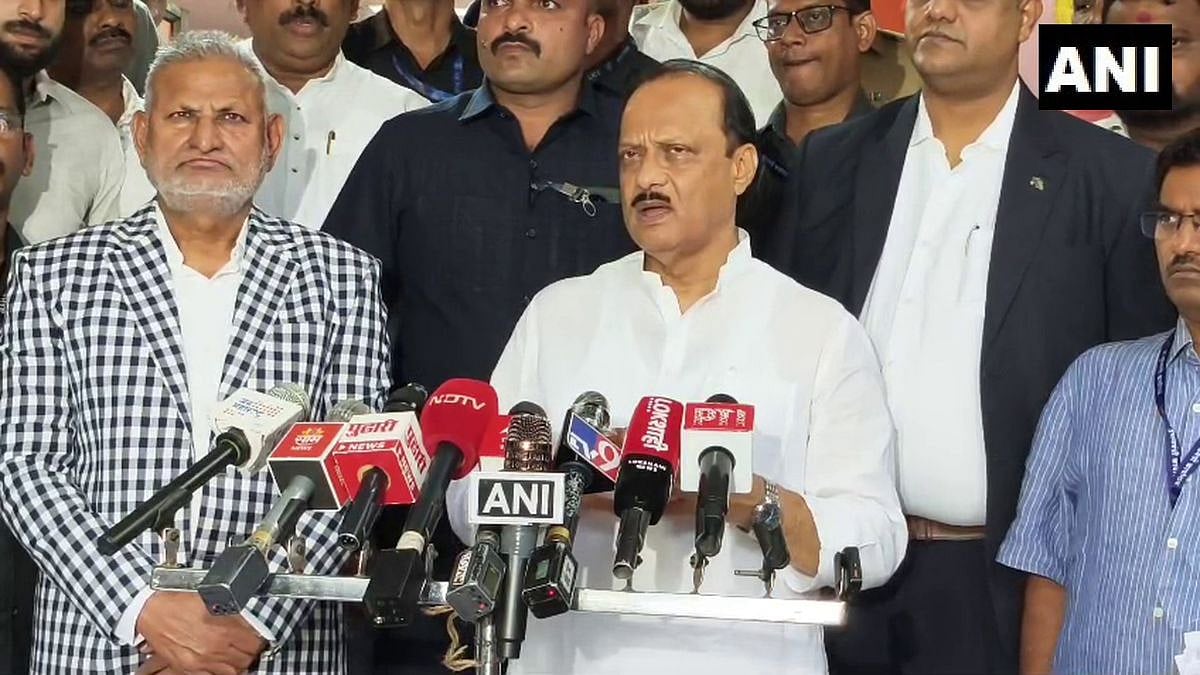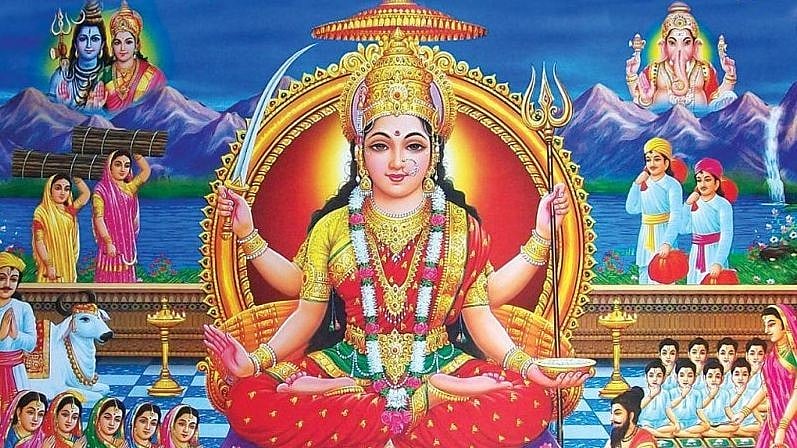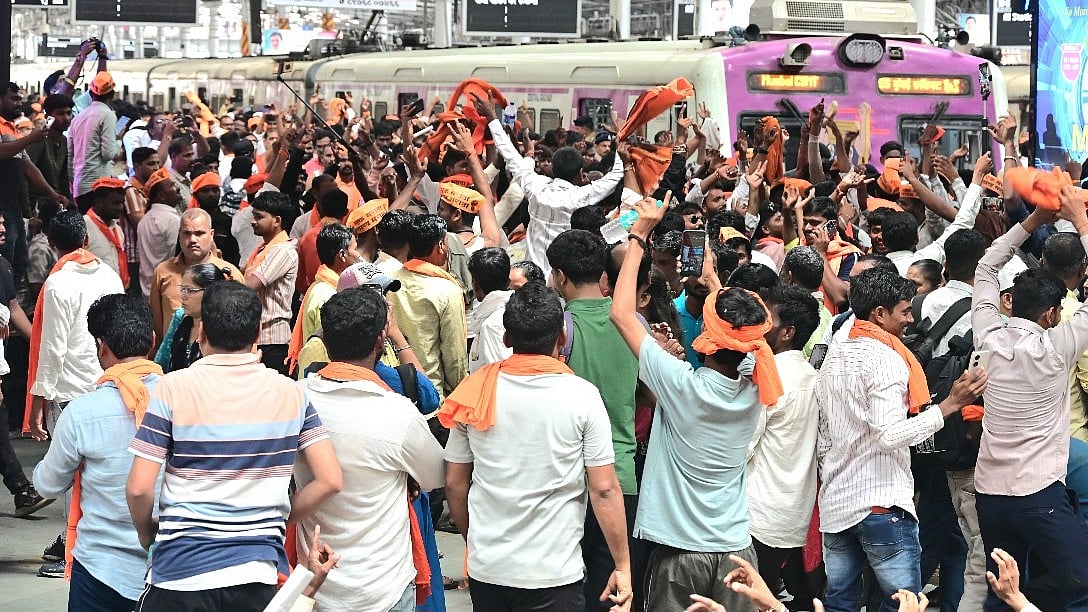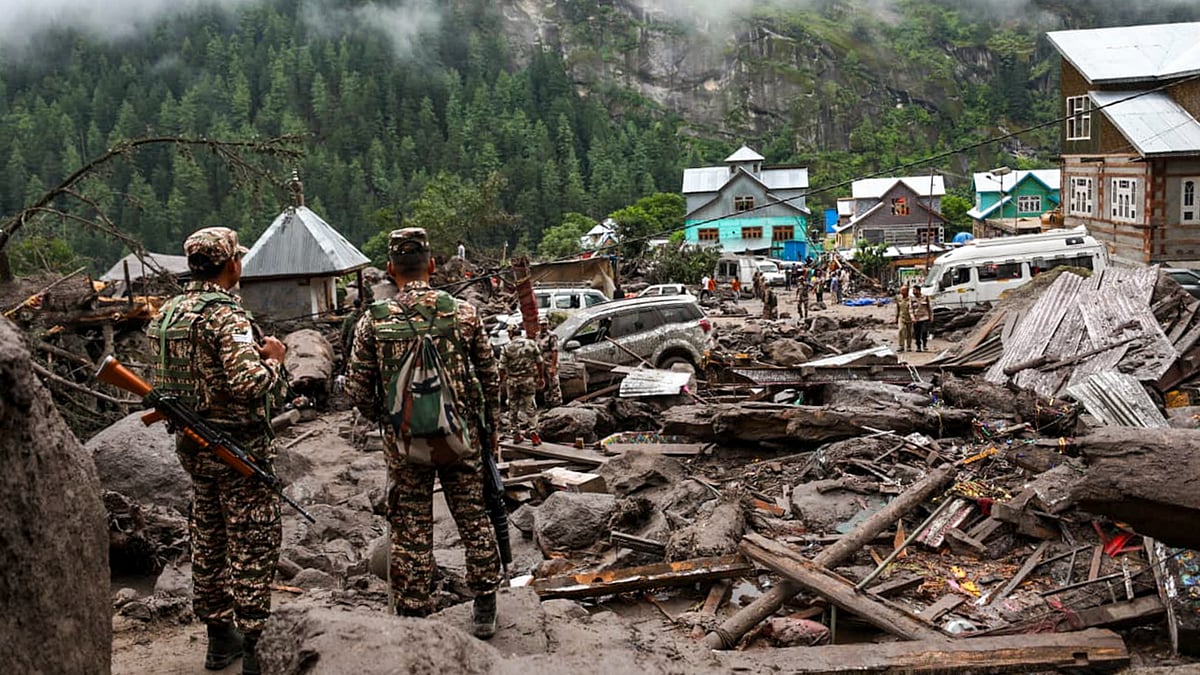Late evening on August 23, a billion hearts swelled with pride and leapt with joy as India’s Chandrayaan-3 spacecraft achieved a perfect soft landing on the Moon.
The suspense on the fate of this mission had risen to a crescendo on the backdrop of the last minute failure of the Chandrayaan-2 mission in 2019. However, this time round there was supreme confidence among ISRO scientists that the mission would succeed. Adults and children alike rushed home to stay glued to their television sets to witness the event live. Among them was a Pune autorickshaw driver who did the same rather than go out on his routine evening round.
Next morning, the newspapers screamed with their banner headlines adding to the national euphoria. The sentiment was not to be missed: India was not just the fourth nation in the world to successfully land a spacecraft on the Moon; but it was the first nation to land a spacecraft near the South Pole. As correctly noted by Prime Minister Narendra Modi, this spectacular feat by the Indian Space Research Organisation (ISRO) was India’s contribution to the world in taking humanity a step forward in understanding the Moon and its terrain.
One may want to ask: What is the larger message for us Indians from Chandrayaan-3? The larger message, especially for the poorest of Indians who primarily include Dalits and Muslims, is to seize the moment and pull themselves out of illiteracy and poverty. It is the duty of the rest of us, living in India and abroad, to assist them in this endeavour.
Leaving all distractions aside — especially the communally-laced mandir-masjid provocations from political parties — Dalits, Muslims; their teachers, community leaders and the rest of the community need to focus on the education of their children. This is what Babasaheb Ambedkar did in his time and this is what Fatima Sheikh, Savitribai Phule and Sagunabai Kshirsagar did 175 years ago in Pune when they established India’s first non-missionary schools for the girl child. These social reformers faced intense opposition from the conservative Brahmins of mid-19th century Pune, but there were others in society, including Brahmins and the British, who supported their work. The fact that this brave band of teachers included Fatima Sheikh — probably India’s first female Muslim school teacher according to author and researcher Reeta Ramamurthy Gupta — should inspire the Muslim community to take to education in a big way.
Dr Narendra Jadhav, former MP and executive director of RBI credits his illiterate father- a rail worker in the Bombay Port Trust for the heights that he scaled in life. Dr Jadhav who went on to earn a Ph.D. in Economics from Indiana University, has written that his father's vision and dream for his children was driven by Babasaheb Ambedkar's "one-line directive to Dalits: educate, unite and fight back." Having risen to meteoric heights from the ‘untouchable’ Mahar family, Ambedkar pressed for the modernisation of education and established educational institutions for the uplift of the Dalits.
The well-known scholar and educationist Dr John Kurrien has noted in a recent article that Indian Muslims have the lowest enrolment rates in schools and higher education institutions-- even lower than Dalits. Amidst this dismal picture what is heartening to note is that "more Muslim girls than Muslim boys are studying in upper primary, secondary and higher secondary stages covering Classes 6-12." Likewise, there are marginally more Muslim females enrolled in higher education than Muslim males. According to him, the vast poor, lower middle class and disadvantaged Muslim majority need 12 years of quality schooling, and two years of primary education — “also a goal of the NEP (National Education Policy)".
There is enormous government support and philanthropic support available to the poorest of Indians in today’s India- be it from individuals, corporates or NRIs. Milind Kamble, a self-made millionaire established the Dalit Indian Chamber of Commerce and Industry (DICCI) and exhorted Dalit youths and their parents not to hanker for reservations but take to entrepreneurship and become job givers rather than job seekers.
Journalist Syed Rizwanullah cites the inspiring example of Haji Nazir Tamboli from Pune who could not study beyond 7th class due to poverty but is a successful entrepreneur today. He runs Tamboli Industries, a defence manufacturing unit which does work for the DRDO (Defence Research and Development Organisation), L&T, Bharat Forge and Alfa Laval. Take the other case of the freshly-minted IAS officer Ansar Shaikh, son of an autorickshaw driver from the backward district of Jalna. His father wanted to pull him out of school due to poverty but the teachers urged him not to do so. Ansar went on to study in Pune and crack the UPSC exams in the first attempt itself.
The education that the poorest of Indians need should be skill-based leading to employment and self-employment. Fortunately, this is aligned with the National Education Policy. Alongside, imparting constitutional values should be an integral part of education on the lines of the Mulyavardhan programme developed by the Pune-based Shantilal Muttha Foundation. Supported by the Tata Trusts and implemented by the Maharashtra Education Department in thousands of government schools, this programme is aligned with the National Curriculum Framework, 2005 and Section 29 of the Right to Education Act, 2009.
Four words form the bedrock of our democracy: Justice, Liberty, Equality and Fraternity enshrined in the preamble of our Constitution, and the programme imparts these values through activity-based learning.
India is on the upswing today with growing incomes, rising foreign investments, an attractive digital payments backbone, massive infrastructure development and economic growth. ISRO’s achievement is symbolic of our can-do spirit. Now is the time for Hindus, Muslims and others to come together and take education and employment for the masses to the next level.
(The author works for a policy research think tank and tweets at @abhay_vaidya)











